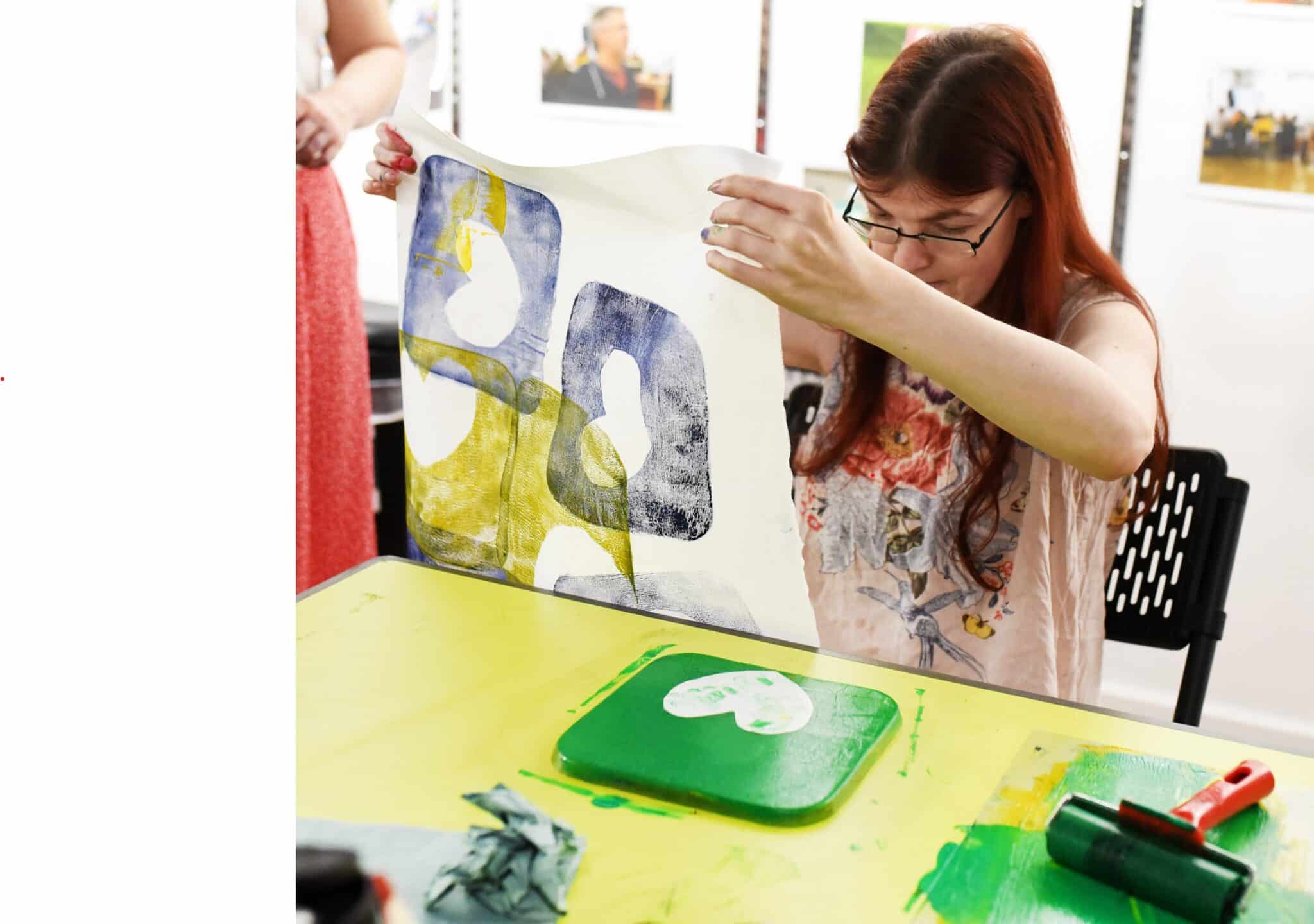In 2022 and 2023 Bright Culture were commissioned by Historic England & Historic Scotland as the external evaluators of the pilot Outreach to Ownership programme, funded by the Arts, Humanities and Research Council.

This was a cross-border multi-partnership research pilot programme exploring innovative approaches to inclusive and co-curated community engagement across culture sector organisations in Scotland and England.
Traditionally, communities are viewed as audiences for -and beneficiaries of -research. Increasingly, they are participants; this pilot was intended to begin empowering them to be leaders and advocates in the field. The Outreach to Ownership pilot’s overarching aim was to contribute to a different view of community engagement in research.
Partner organisations across England and Scotland delivered five pilot community research projects supported by a capacity-building programme delivered by Historic England & Historic Environment Scotland. Each project was bespoke in approach, research and audience, with partners answering research questions through consultation with their communities. The five community research projects were.
Building on History explored the potential of a co-created digital tool, delivered by Heritage Lincolnshire, to recognise diverse heritage.
Everyone’s Stories Matter undertook research that explored the obstacles and opportunities around managing community archives in Scotland, delivered by the Scottish Council on Archives.
Inclusive Island Heritage, delivered by Moder Dy & MSDS Marine, explored inclusive heritage engagement in Scottish island communities, focusing on Skye and Shetland.
Makey Wakey sought to understand the impact of creatively using interim spaces in the Ridings Shopping Centre in Wakefield, delivered by The Art House.
Bridging the Gap consulted on the barriers and solutions to sustainable community ownership of historic rural churches, delivered by the Churches Conservation Trust, Heritage Trust Network, Historic Churches Scotland and Churches Trust for Cumbria.

Bright Culture’s evaluation and capacity-building support for the project included:
- Developing an Evaluation approach, resources, templates and reporting.
- Facilitating group discussions and one-on-one interviews.
- Delivering training in evaluation approaches for partners and well-being evaluation training for Nottingham University students.
- Critical friend support and mentoring in evaluation and community engagement for each partner organisation as part of the project capacity-building programme.
Process evaluation was designed as an ongoing practice of reflection for the five projects and their Partners to ensure that successes, challenges, and learning could be captured continuously and openly, enabling responsive delivery infrastructure.
In year one, process evaluation was undertaken through group and individual calls and written feedback. It concentrated on understanding the perspectives and experiences of the process and structure of the pilot, alignment of the funders, project managers, and partners’ objectives, and recommendations for a future National Hub. In year two, an impact evaluation was undertaken, which included interviewing all partners and one-to-one calls with the project stakeholders and facilitators to ensure all voices were reflected in the evaluation.
Our work culminated in writing summative impact and process reports for Phase 1 in 2022 and a final report in 2023, analysing the learning, impact, and opportunities for future development.
The Evaluation reports for the pilot project and further information about the partners projects can be found on Historic England’s website.
